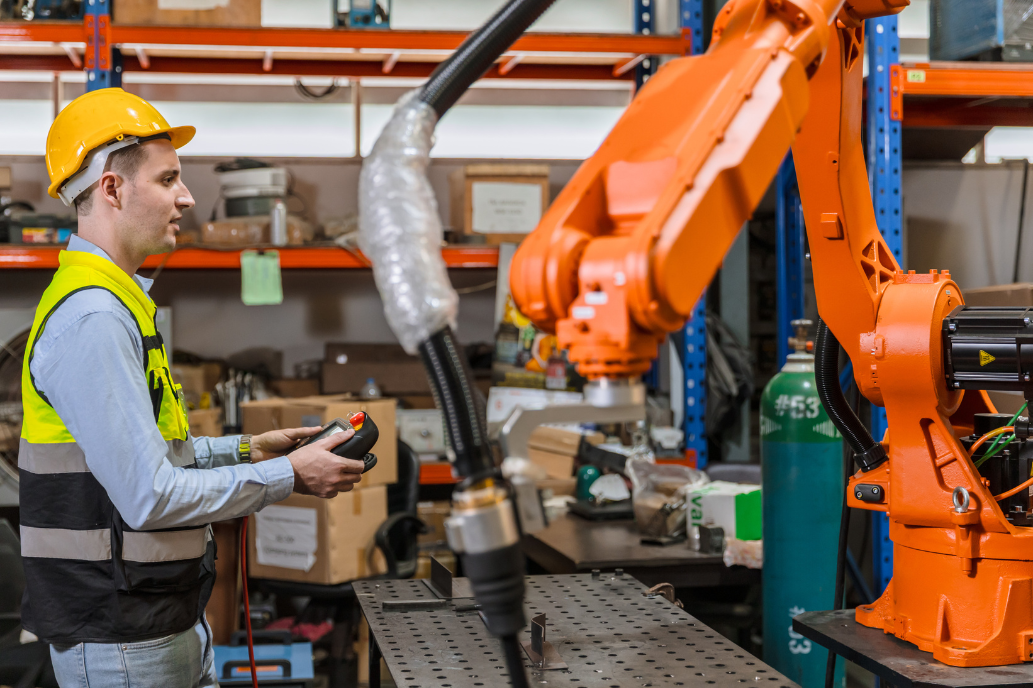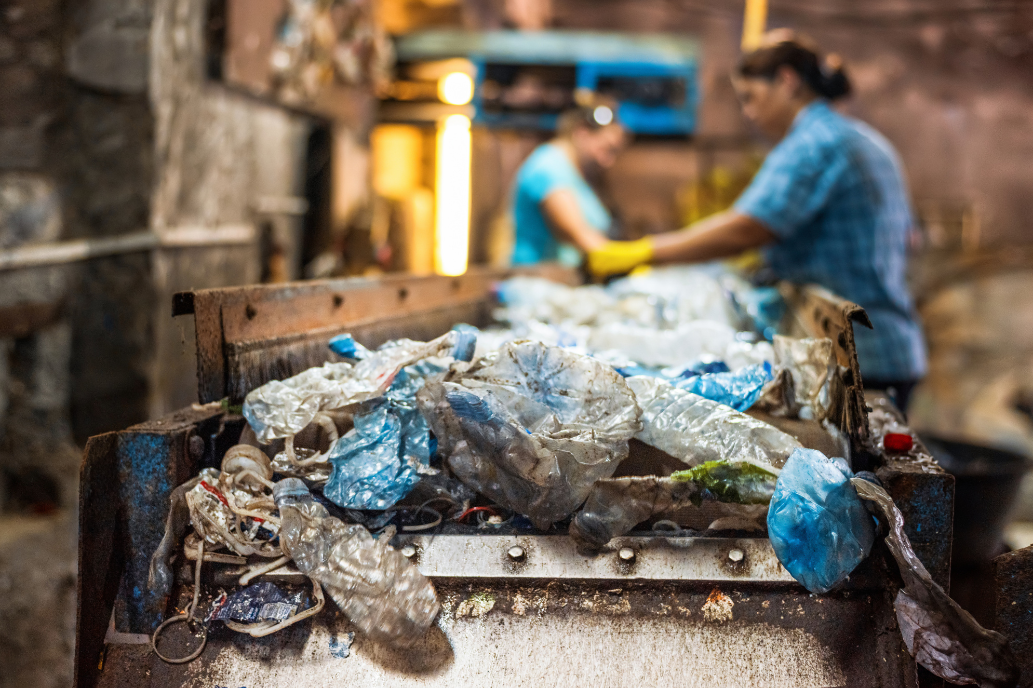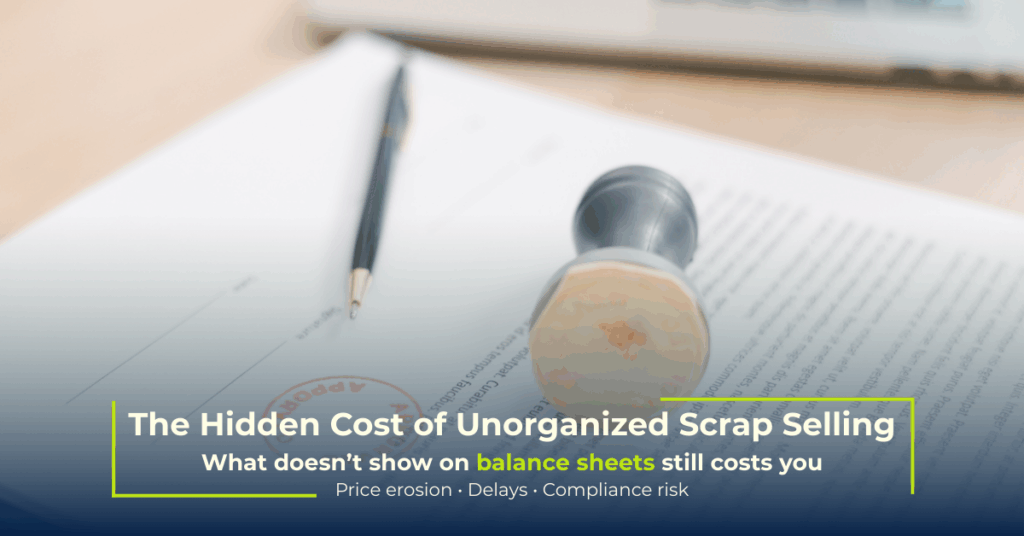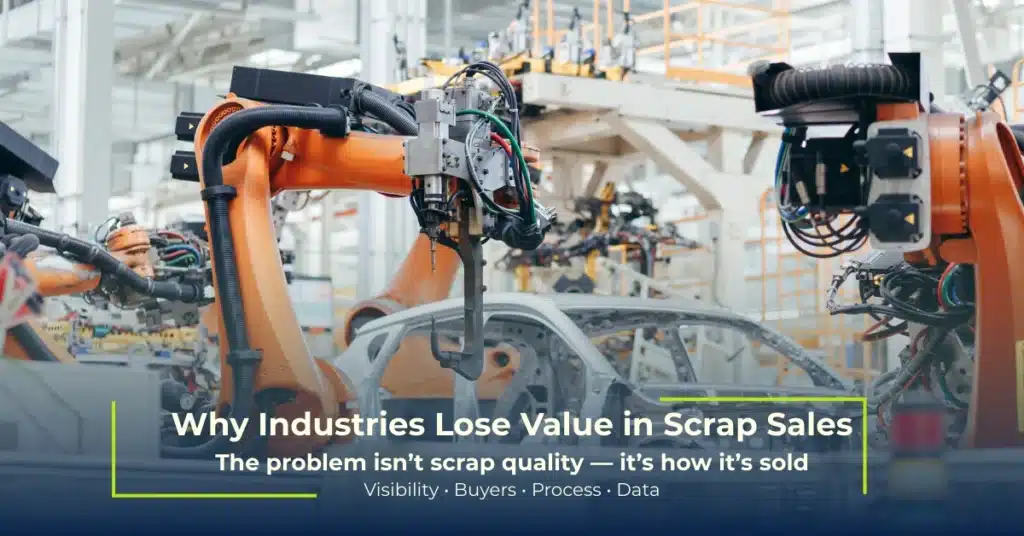Circular manufacturing is opening up one of the strongest growth phases for recyclers, scrap buyers, and secondary material suppliers. The value chain is shifting in a way that finally puts waste processors at the centre instead of the sidelines. Manufacturers don’t just want recycling partners anymore; they want stable suppliers of secondary raw materials, consistent quality, digital traceability, and dependable offtake systems. And the recyclers who can deliver that are becoming critical strategic partners rather than vendors fighting for per-kg margins.
If you look at what’s happening inside factories, it’s clear why this shift matters. Industrial waste streams are rising as production scales up, but manufacturers are under pressure to minimise landfill disposal, reduce virgin sourcing, and demonstrate carbon reduction. This means they’re actively looking for recycling partners who can turn metal scrap, polymer waste, fabrication rejects, post-industrial plastic, and process residues into consistent-quality inputs. For recyclers, this is the moment where a traditional buying-and-selling model can evolve into a full circular supply partnership.
Scrap buyers have already seen the impact. Metal scrap prices fluctuated sharply over the last year, and manufacturers realised that relying solely on virgin inputs leaves them exposed. When a recycler steps in with predictable-quality recycled metal ingots, re-rolled coils, or graded scrap, it takes volatility out of the manufacturer’s equation. A similar thing is unfolding in plastics; where recyclers offering high-grade RLDPE, RPP, or chemically recycled resin are finding more buyers than they can service.
A practical example comes from a recycling company working with an automotive components manufacturer in Pune. The manufacturer used to sell scrap at throwaway rates and buy virgin metal at full cost. The recycler proposed a closed-loop model: they would buy all internal scrap, process it into clean, specification-focused feedstock, and sell it back. Within nine months, the manufacturer reduced raw material costs by nearly 15 percent, and the recycler increased margins because the value addition was far higher than typical scrap trading. This wasn’t a “sustainability program.” It was simply smarter economics.

Recyclers who offer AI-based scrap grading, certified quality testing, and transparent pricing are now getting long-term offtake agreements. Manufacturers want stable partners because compliance pressures around waste disposal and ESG compliance reporting have intensified. When a recycler can provide proper documentation, batch-level traceability, and proof of recycling, it becomes easier for manufacturers to pass audits and meet internal sustainability targets. That reliability is worth a premium.
The same pattern is emerging in plastics. Chemical recyclers converting mixed polymer waste into monomers are becoming very attractive to industries trying to hit recycled-content targets. Even small and mid-sized recyclers who used to focus only on mechanical recycling now find demand for high-grade recycled pellets increasing because brands want consistent melt flow, colour uniformity, and traceability.
Circular manufacturing is quietly creating a new class of business opportunities: long-term contracts for scrap collection, integrated buy-back programs, guaranteed minimum quantity agreements, and shared infrastructure models where recyclers operate directly inside manufacturing clusters. Some recyclers are even offering material recovery audits to manufacturers as a value-add, helping them map waste streams and identify segments where secondary material can replace virgin inputs.
The real opportunity lies in moving from commodity trading to solution-based recycling. Manufacturers don’t want just “scrap buyers” anymore; they want partners who can give them predictable feedstock, support circular design decisions, ensure compliance documentation, and provide consistent quality across batches. For recyclers who are ready to professionalise operations like testing labs, digital tracking, sorting automation, clean processing lines; this is the most profitable phase the industry has seen in years.
Circular manufacturing is not a trend that will fade away. It’s becoming the default operating model. And the recyclers who step up now will be the ones supplying the future’s raw materials.



